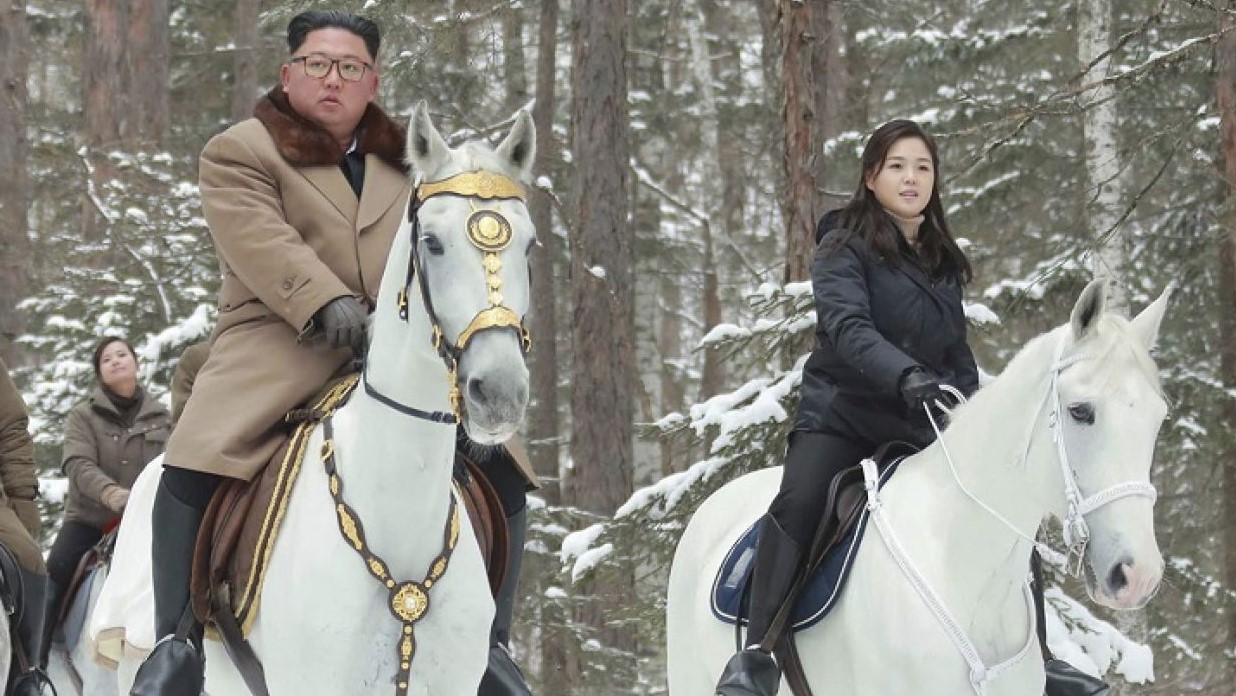Kim’s sister, Kim Yo-jong, slams South Korea in 1st-ever statement
The sister of North Korea’s leader, Kim Jong-un, attacked South Korea’s presidential office on Tuesday, calling it idiotic a day after the South denounced the North’s first weapons test this year.
Kim Yo-jong, Mr. Kim’s only sister, also serves as one of his closest aides. She helped arrange the first summit meeting between Mr. Kim and President Moon Jae-in of South Korea in 2018, visiting Seoul with her brother’s letter of invitation.
On Tuesday, in the first-ever statement issued under her name, Ms. Kim heaped scorn on South Korea, another sign that relations between the North and South have chilled since the collapse of a second summit meeting between Mr. Kim and President Trump in February last year.
On Monday, North Korea conducted its first weapons tests this year, which involved large-caliber rockets. Mr. Moon’s presidential Blue House, called Chongwadae in Korean, immediately blamed North Korea for raising tensions. In her statement on Tuesday, Ms. Kim said the South had no right to criticize the North’s test when it conducts its own exercises, whether alone or together with the United States. “Such incoherent assertion and actions made by Chongwadae only magnify our distrust, hatred and scorn for the South side as a whole,” she said, according to the English translation by the North’s official Korean Central News Agency. “It is us who have to express ’strong regret’ at such incoherent and imbecile way of thinking of Chongwadae.”
Ms. Kim did not attack South Korean President Moon by name. But she said that if South Korea “is set to get down to doing anything with us, it had better be more brave and fair and square.”
[The New York Times]

